Description
Folic Acid: The Vital B Vitamin You Need to Know About
Folic acid, also known as vitamin B9, is a crucial nutrient that plays a vital role in numerous bodily functions. While often associated with pregnancy, folic acid is essential for everyone, regardless of age or gender. Understanding its benefits and ensuring adequate intake is key to maintaining optimal health.
What is Folic Acid?
Folic acid is the synthetic form of folate, a naturally occurring vitamin found in a variety of foods. It’s a water-soluble vitamin, meaning your body doesn’t store it for long periods and requires regular replenishment through diet or supplementation. The body uses folic acid to produce new cells, including red blood cells, and to synthesize and repair DNA.
Why is Folic Acid Important?
Folic acid is involved in a wide range of critical processes, including:
- Cell Growth and Division: As mentioned earlier, folic acid is essential for the production of new cells. This is particularly important during periods of rapid growth, such as pregnancy, infancy, and adolescence.
- DNA Synthesis and Repair: Folic acid plays a vital role in the synthesis and repair of DNA, the building block of life. This helps ensure genetic stability and prevents DNA damage, reducing the risk of certain diseases.
- Red Blood Cell Formation: Folic acid helps produce healthy red blood cells, which carry oxygen throughout the body. Deficiency can lead to megaloblastic anemia, characterized by large, abnormal red blood cells that are unable to carry oxygen efficiently.
- Brain Function: Adequate folic acid intake is linked to healthy brain function and cognitive performance. Low levels have been associated with depression and cognitive decline.
- Prevention of Birth Defects: Folic acid is perhaps most well-known for its crucial role in preventing neural tube defects, such as spina bifida and anencephaly, in developing fetuses. This is why supplementation is highly recommended for women who are pregnant or planning to become pregnant.
Who Needs Folic Acid?
While everyone needs folic acid, certain groups are at higher risk of deficiency and require special attention:
- Pregnant Women: As mentioned previously, folic acid is vital for the healthy development of the fetus and prevents neural tube defects.
- Women of Childbearing Age: Because neural tube defects occur early in pregnancy, often before a woman even knows she is pregnant, it’s recommended that all women of childbearing age consume adequate folic acid.
- Individuals with Malabsorption Disorders: Conditions like celiac disease and Crohn’s disease can interfere with the body’s ability to absorb folic acid from food.
- People with Certain Medical Conditions: Certain medications and medical conditions can increase the risk of folic acid deficiency.
- Individuals Who Consume Excessive Alcohol: Alcohol can interfere with the absorption and metabolism of folic acid.
Sources of Folic Acid:
You can obtain folic acid through both food and supplements:
- Food Sources: Folate is naturally found in a variety of foods, including:
- Dark leafy green vegetables (spinach, kale, collard greens)
- Legumes (beans, lentils, chickpeas)
- Citrus fruits (oranges, grapefruits)
- Avocados
- Broccoli
- Asparagus
- Fortified cereals and grain products
- Supplements: Folic acid supplements are readily available over-the-counter in various forms, including tablets, capsules, and chewables. They are often recommended for pregnant women or individuals with a deficiency.
How Much Folic Acid Do You Need?
The Recommended Dietary Allowance (RDA) for folic acid is 400 mcg DFE (Dietary Folate Equivalents) for adults. Pregnant women are advised to consume 600 mcg DFE, and breastfeeding women need 500 mcg DFE. It’s best to consult with your doctor or a registered dietitian to determine the appropriate dosage for your individual needs.
Too Much Folic Acid?
While folic acid is generally safe, excessive intake from supplements can mask a vitamin B12 deficiency, which can lead to neurological damage. It’s always important to follow recommended dosage guidelines and consult with a healthcare professional if you have any concerns.
Conclusion:
Folic acid is an essential vitamin that plays a crucial role in numerous bodily functions, from cell growth and DNA synthesis to preventing birth defects. Ensuring adequate intake through a balanced diet and, if necessary, supplementation, is vital for maintaining optimal health and well-being. If you have any questions or concerns about your folic acid intake, consult with your doctor or a registered dietitian. They can help you determine the right amount for your individual needs and ensure you’re getting the nutrients you need to thrive.

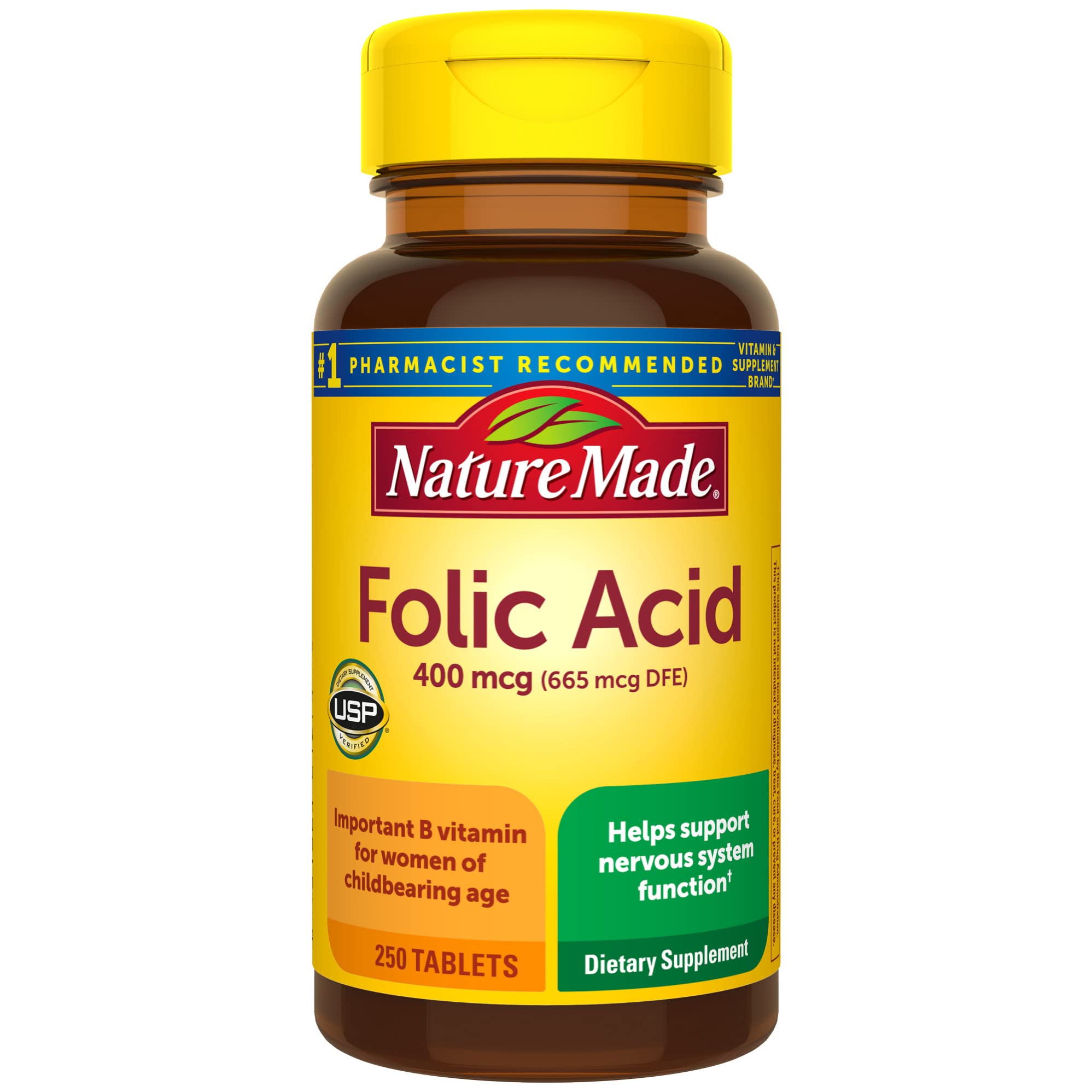

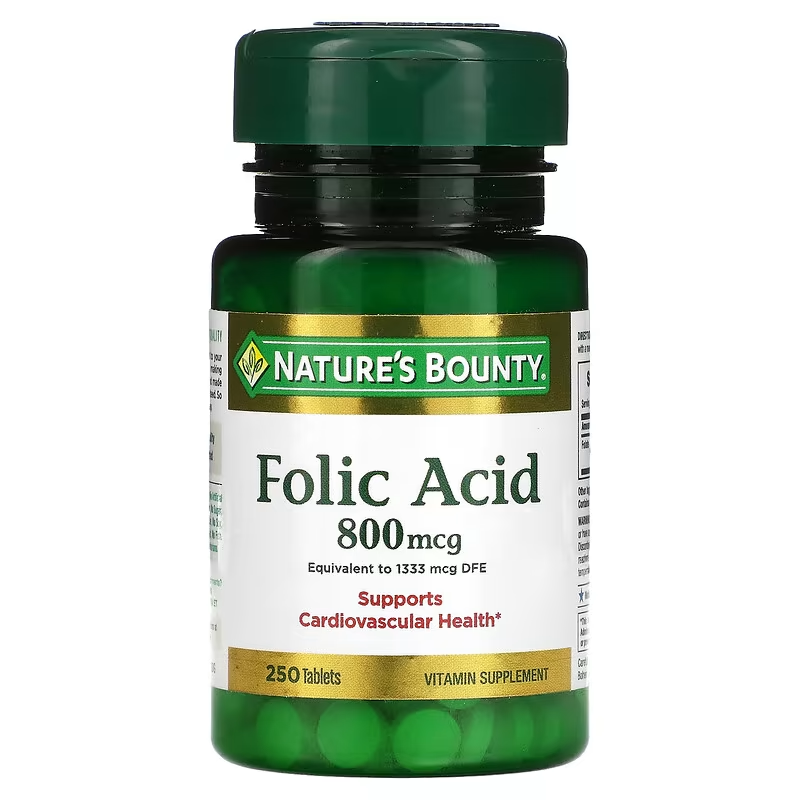
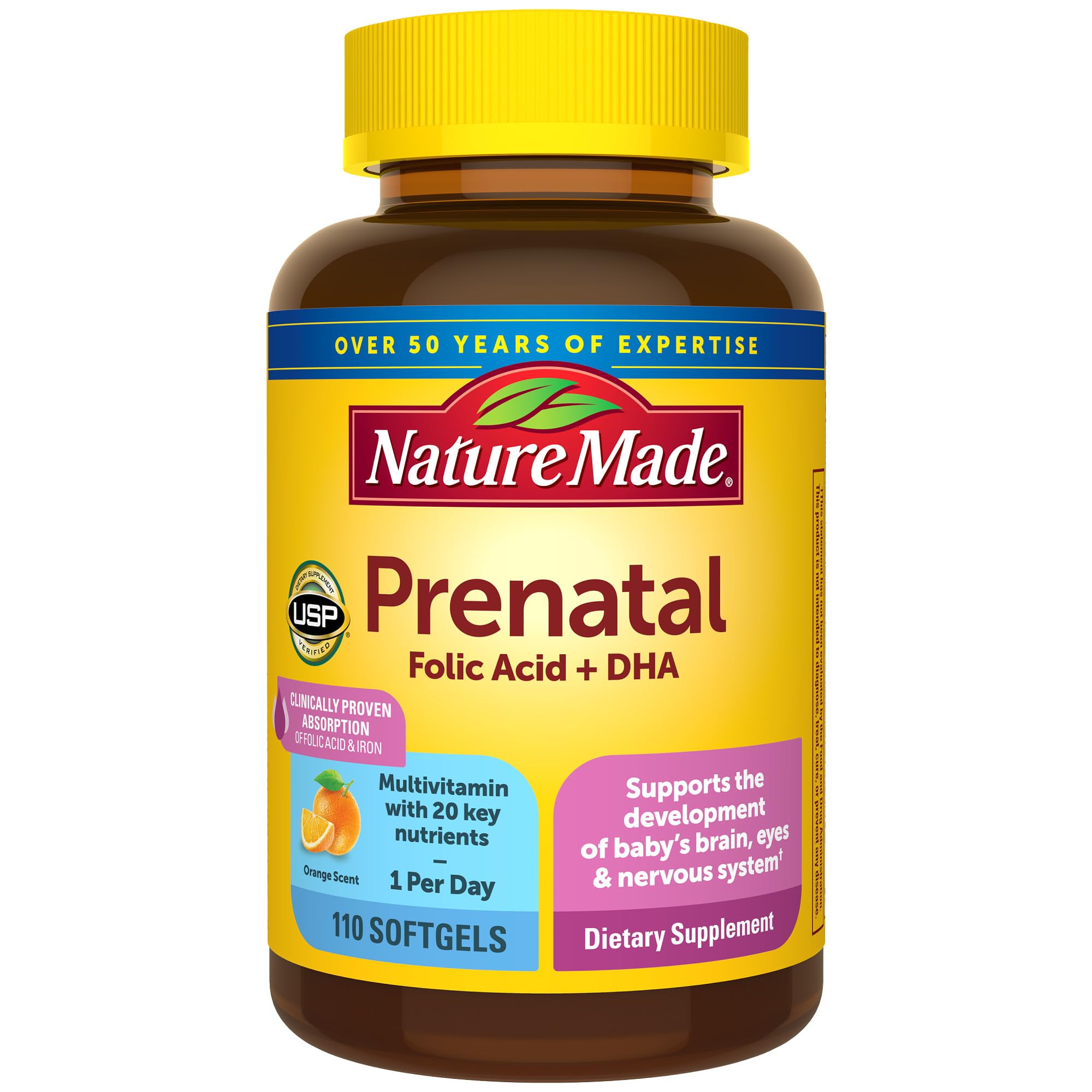
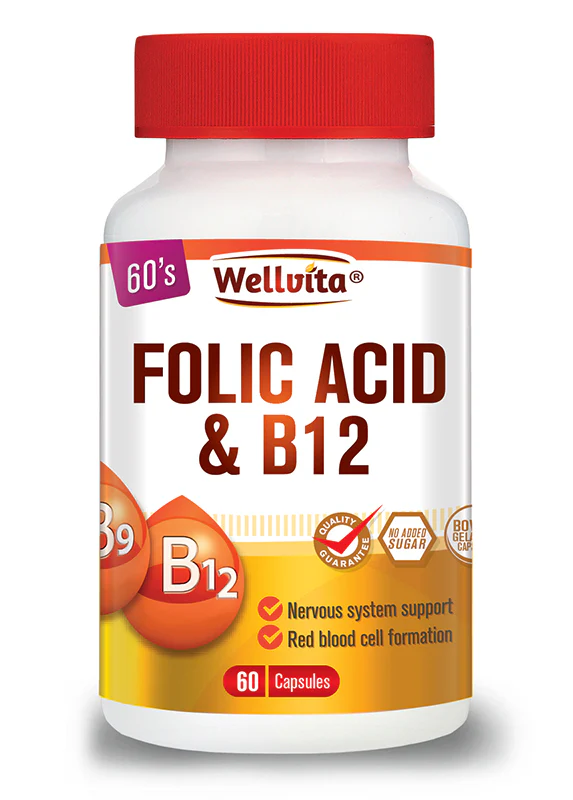

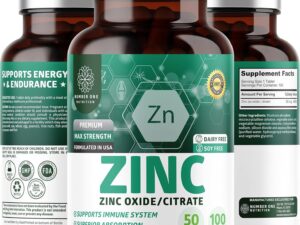
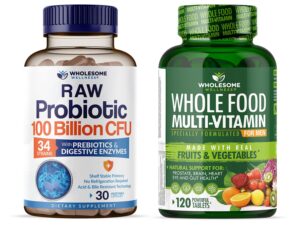

Reviews
There are no reviews yet.